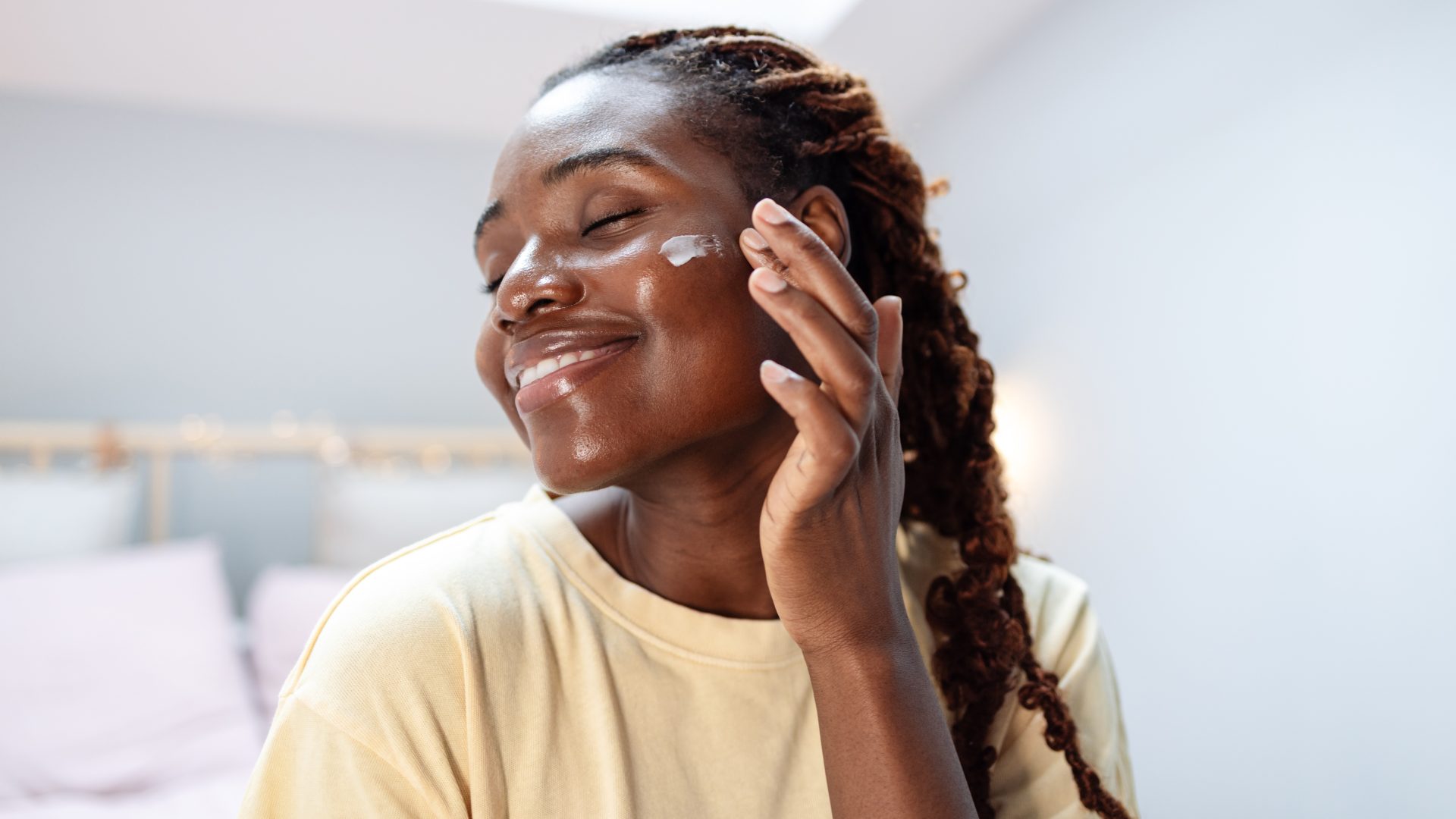
For many Gen Zers, skincare trends are as influential in their purchasing decisions as personal recommendations or research. While some trends may seem fun and harmless, they can lead to setbacks in a skincare journey, including acne flare-ups, dark marks, and changes in skin texture over time. The popularity of various cosmetic brands often fuels these fads, but social media is the ultimate driver. Influencers on platforms like Instagram and TikTok have gained traction among younger generations, prompting some brands to fully embrace influencer marketing. This raises an important question: should people really follow these trends?
Some dermatologists believe that while certain trends can be beneficial, it’s crucial for individuals to understand their own skin and seek professional advice when necessary. Dr. Elizabeth Ekpo, lead medical provider at Doctor Edges Hair Restoration & Dermatology Aesthetics, advocates for a “less is more” approach. “I love the skin minimalism trend,” she says. “When addressing patients’ concerns, I emphasize simplifying their routines. Focus on the essentials: cleansing, moisturizing, sun protection, a retinoid, vitamin C, and a healthy diet, with one or two targeted treatments like RF microneedling or chemical peels.”
Dr. Nkem Ugonabo of UnionDerm in New York City highlights the effectiveness of double cleansing. “This method removes dirt, oil, makeup, and even sunscreen from the face. The first step involves an oil-based cleanser to gently dissolve makeup and sebum, followed by a water-based cleanser to eliminate any remaining residue. It’s a much more thorough option than makeup wipes.”
Younger individuals, especially Gen Zers, should be cautious of the risks associated with trendy products. “Younger skin generally has higher levels of collagen and elastin, making it more resilient, but it can also face challenges like acne and excess oil production,” explains Dr. Naana Boakye. “Choosing lightweight, non-comedogenic products designed for younger skin is essential. Consistent sunscreen use is critical, as sun damage accumulates over time, leading to premature aging and an increased risk of skin cancer.”
The impact of social media also creates a double-edged sword. While many users turn to influencers for guidance on skincare, this reliance can negatively affect mental health. The desire for quick fixes can lead to selecting the wrong products. “One common mistake I see among young patients is the belief that they need an extensive skincare routine, often influenced by social media trends,” Ugonabo notes. “I advise keeping it simple with the basics: a cleanser, moisturizer, and sunscreen. If acne is an issue, a retinol/retinoid at night can be very helpful.”
African Americans should pay special attention to skincare as the seasons change. Contrary to popular belief, they also need sunscreen. “I emphasize to my patients with melanated skin that they must wear sunscreen,” Ugonabo explains. “Melanated skin can be damaged by the sun, and sunscreen helps prevent issues like hyperpigmentation and worsening sunspots.” Dr. Boakye and Dr. Ekpo echo these sentiments.
“Sunscreen is vital for preventing UV damage, which can exacerbate hyperpigmentation, particularly in darker skin tones. It’s best to use sunscreens that contain antioxidants and iron oxides for additional protection against visible light,” Boakye advises. The misconception that African Americans are immune to certain health concerns, including skin cancer, can lead to inadequate protection. Although they generally have lower rates of basal cell carcinoma and melanoma compared to Caucasians, those with melanated skin are often underdiagnosed and diagnosed at later stages. Ongoing dermatological care is essential for healthy skin and early detection of skin cancer. Ekpo stresses the importance of daily sunscreen application, especially for those with melanated skin.
Curating a skincare routine is not only essential for physical appearance but also for self-confidence. Clear, healthy skin can foster a sense of pride, while the pursuit of the “perfect product” often leads to frustration. “When choosing skincare or makeup products, consider your skin type, existing concerns, and potential sensitivities. Opt for non-comedogenic, fragrance-free products tailored to your skin type, whether oily, dry, combination, or sensitive. Review ingredient lists carefully, and use apps to help navigate product ingredients. Consulting with estheticians and dermatologists can also ensure you make the best choices for your skin,” Boakye advises. This mindful approach can help you achieve your skincare goals safely and positively impact your overall health.